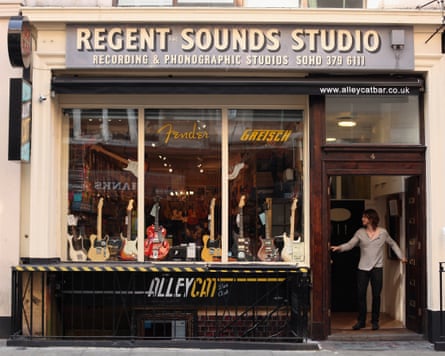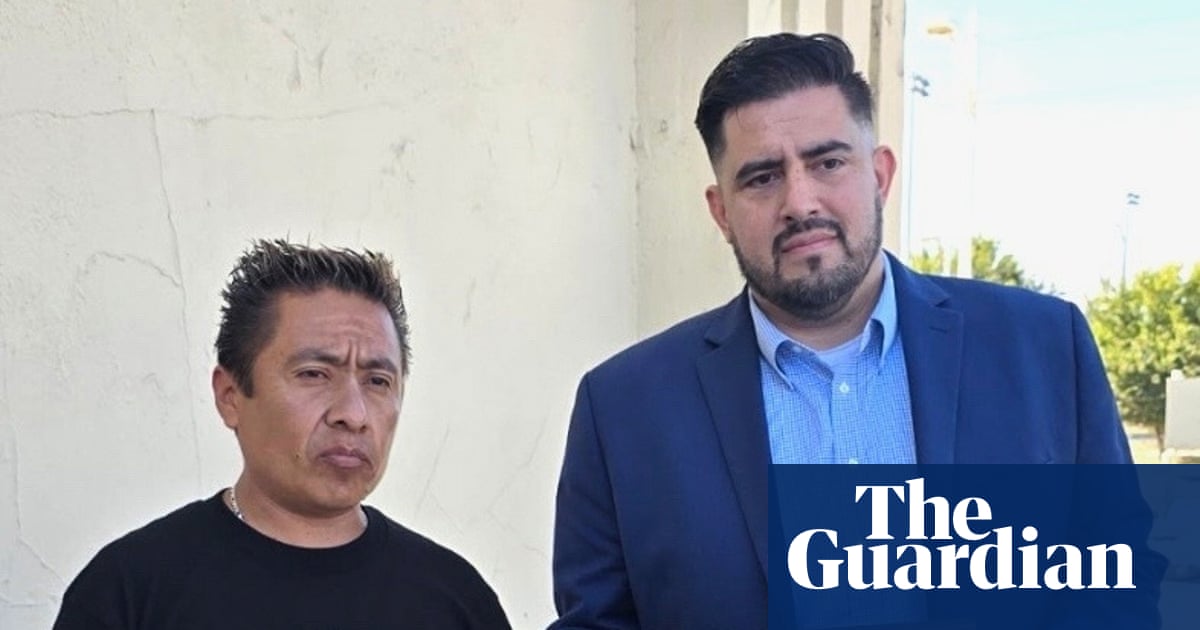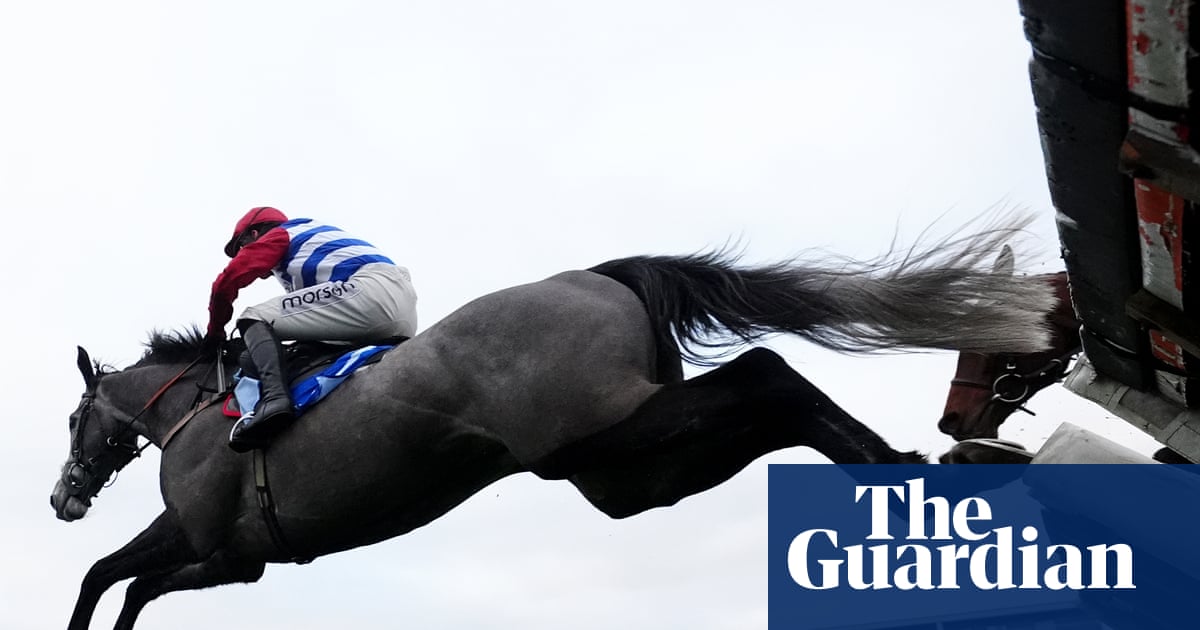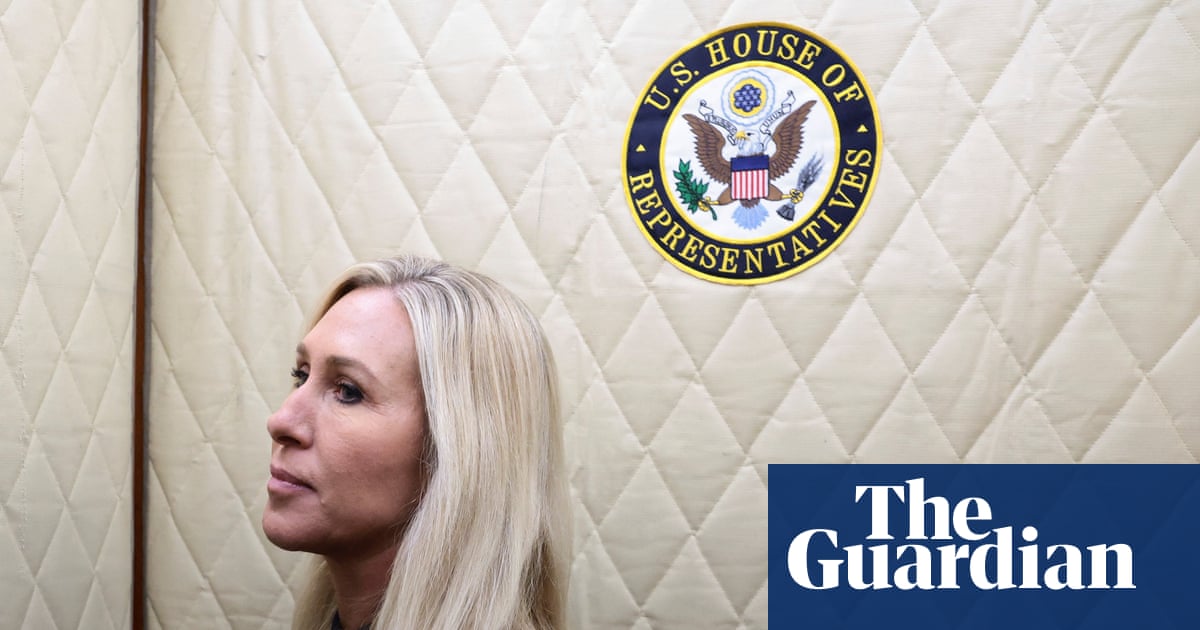The Regent Sounds recording studio on “Tin Pan Alley” in London was famously used by Jimi Hendrix, David Bowie and the Rolling Stones between the 1960s and early 1980s. Now, having been walled up and lain silent for decades, it is being brought back to life through a multimillion-pound investment that will turn it into a landmark site for rock’n’roll, jazz and blues, the Guardian has learned.
Much of the original walls, floor tiles and recording equipment have been preserved from a studio that Pete Townshend, The Who’s guitarist and songwriter, once described as “a massive chunk of rock music history”.
An archive of memorabilia has been unearthed and historic items will be shown in exhibitions at the site on Denmark Street, nicknamed Tin Pan Alley as a historic hub for music publishers, instrument shops and songwriters since the early 20th century.
Exhibits will include T-Bone Walker’s fabled 1949 Gibson guitar – the instrument that kickstarted the music revolution of the 1950s, inspiring countless artists from Chuck Berry and BB King to Keith Richards.
The Regent Sounds guitar shop, within the same 18th-century building, has been extended, quadrupling its previous space and offering soundproof booths for the public to try out instruments.
While the shop will reopen on Thursday, after an overall investment of almost £6m, work on the studio is yet to begin but is likely to be completed within a year.

It was at Regent Sounds where in 1967 the Beatles recorded Fixing a Hole, a key track on Sgt Pepper’s Lonely Hearts Club Band.
Paul McCartney once recalled that a man claiming to be Jesus Christ turned up at the door. “I said: ‘Well, you’d better come in then.’ I thought, well, it probably isn’t. But if he is, I’m not going to be the one to turn him away … So I said: ‘If you promise to be very quiet and just sit in a corner, you can come.’ I introduced him to the guys. They said: ‘Who’s this?’ I said: ‘He’s Jesus Christ.’ We had a bit of a giggle.”
The Rolling Stones recorded their first big hit, Not Fade Away, at Regent Sounds. Keith Richards once recalled: “We did our early records on a two-track Revox in a room insulated with egg cartons.”
The Kinks, Genesis and the Eagles were among other bands whose sessions there helped to shape the sound of a generation.
Patrick Racz, a co-owner of Regent Sounds, said this well-known part of the capital’s musical heritage was “hallowed ground”. “You’re standing in the footsteps of giants,” he said. “This is where Hendrix stood when he recorded. This is where the Rolling Stones were and David Bowie.”
He is investing in Regent Sounds having made his money as an inventor. He developed the triflow tap to deliver hot, cold and purified water, the world’s first three-way tap, as well as the technology behind the SmartFlash system for secure online downloading, payment and distribution of content.
His investment in Regent Sounds includes a collaboration with Nikon, developing technology for authenticating instruments that Racz describes as “revolutionary”. It can scan instruments in unsurpassed detail.
after newsletter promotion
A star-studded launch this week will celebrate Regent Sounds’ “rebirth” alongside the publication of Tony Bacon’s new book Electric Blues! T-Bone Walker and the Guitar That Started It All. Bacon said he could imagine Regent Sounds becoming a mecca for rock’n’roll fans.
“It’s quite a fabulous place,” he said. “Without T-Bone Walker’s genius and virtuosity, it’s unlikely we would have had the proliferation of rock’n’roll from artists like the Rolling Stones or Jimi Hendrix, whose footsteps make Regent Sounds such sacred ground for music fans.”
Racz said: “Typically, on any given day you have at least 30 to 50 groups of people taking their photographs outside the shop. People come from all over the world. It’s like a rite of passage.”
Crispin Weir, another co-owner of Regent Sounds, said of the studio: “It was cheap but it had a really good sound. Most studios you had to pay at least three or four times the price.”
Recalling that numerous studios closed down when digital recording took off, allowing musicians to record at home for a fraction of the price, Weir said: “Now people like the novelty of being able to go to a studio.”
He said Regent Sounds would once again be an analogue studio, using the original equipment used by Hendrix and others – apart from the egg cartons that once lined the ceiling. “You get a certain chemistry playing together that is difficult to get when you record everything individually.”

 3 months ago
50
3 months ago
50

















































